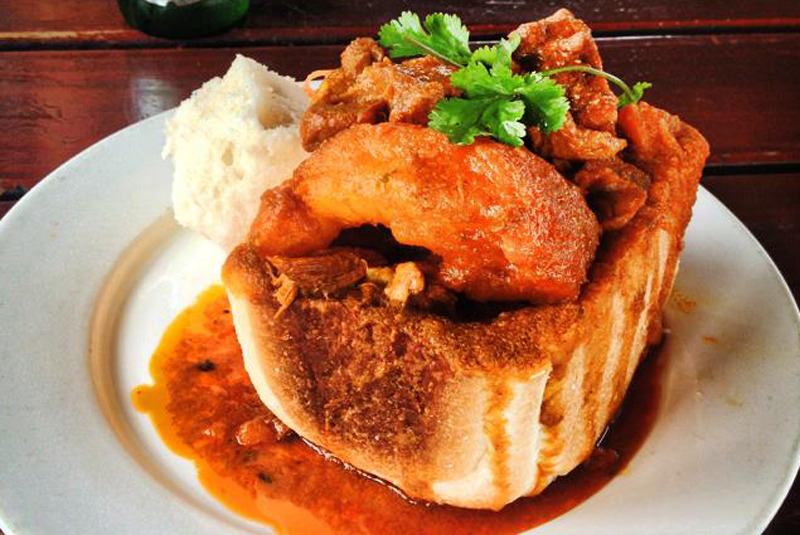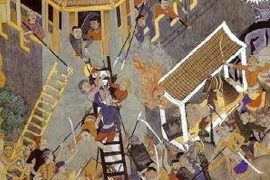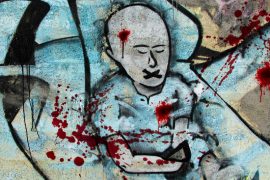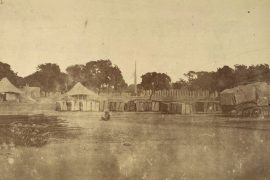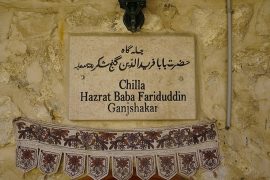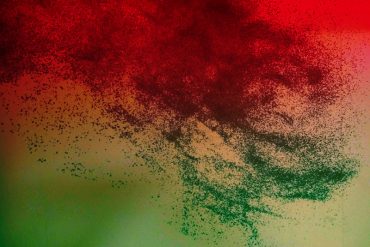On 15 August 1947, when India became an independent nation, thousands of Indians who lived in Durban, South Africa, festooned the city’s streets by hoisting Indian flags. Given the presence of a large Indian diaspora in the city, India’s first Prime Minister Jawaharlal Nehru sent his daughter Indira Gandhi to Durban. There, she met local Indian leaders on Grey Street, discussed matters with them, and ate a “Bunny.”
The term “Bunny” usually conjures images of a rabbit. But the Bunny Indira ate in South Africa is not a rabbit but a spicy Indian dish you can’t find in India. Once upon a time, it was Durban’s most famous street food, developed by working-class Indians–a delicacy popular among the Black and Indian-origin population. Today, with top gourmet restaurants across the world offering fine-dining versions of the dish, it is turning out to be a global delicacy.
A hollowed-out loaf of white bread filled with spicy curry, Bunny Chow is a quintessential South African dish. However, its origin and etymology are embedded in caste identity, racial segregation, and migration, enabled by the colonial enterprise.
According to Zuleikha Mayat, author of A Treasury of South African Indian delights, the word Bunny comes from Bania, a mercantile caste of traders and businessmen, originally from Western India–Rajasthan, Gujarat, and Maharashtra. Reputed for their commercial acumen, several enterprising members of the Bania community, in search of a fortune, migrated to South Africa. As many of them were devout Hindus, despite moving to a new country and culture, they maintained strict dietary restrictions and remained vegetarians.
-30-
Copyright©Madras Courier, All Rights Reserved. You may share using our article tools. Please don't cut articles from madrascourier.com and redistribute by email, post to the web, mobile phone or social media.Please send in your feed back and comments to editor@madrascourier.com

